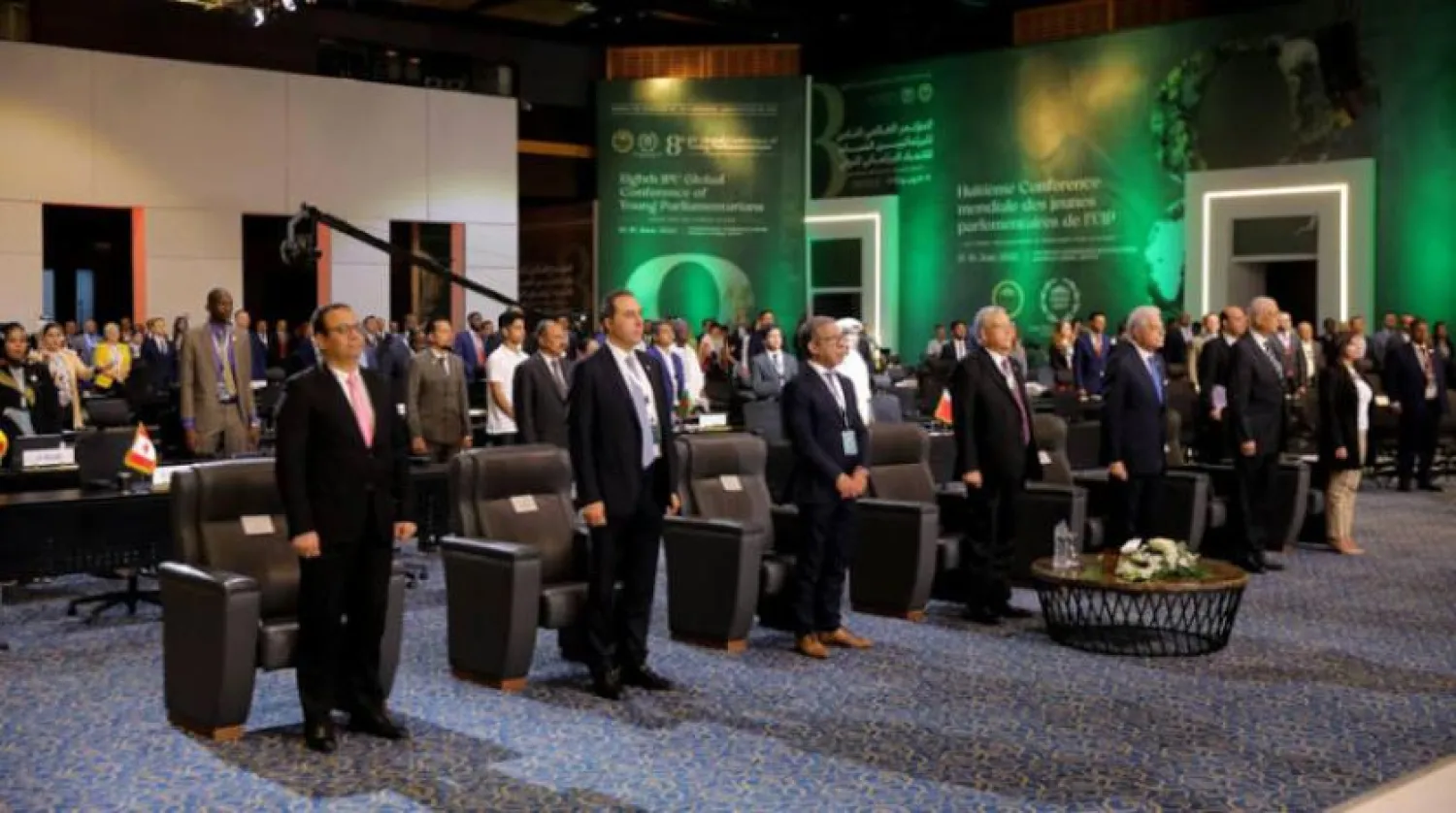The eighth Inter-Parliamentary Union (IPU) Global Conference of Young Parliamentarians kicked off on Wednesday in Sharm el-Sheikh in Egypt’s South Sinai province.
Parliamentary delegations from 60 countries have taken part in the two-day event, which is held under the auspices of President Abdel Fattah al-Sisi and in cooperation with the Egyptian House of Representatives and the IPU.
It focuses on legislative, legal, and developmental approaches to climate change issues.
Egypt will host the COP27 United Nations Climate Change Conference in 2022 in the Red Sea resort of Sharm el-Sheikh in November. World leaders and heads of state and governments are expected to attend the summit.
Egypt's Speaker of the House of Representatives Hanafi El Jebali said during the inauguration session that critical global conditions require involving the youth to address the extraordinary challenges.
The climate change issue is an exceptional, precarious and multidimensional challenge that have certain negative impacts, Jebali noted, underlining the need to address this imminent danger.
According to the IPU administration, it is the first time that a country holds a separate parliamentary conference a few months before hosting a COP summit.
It stressed that this reflects Egypt’s determination to mobilize an organized and just global effort at all governmental and legislative levels to address the negative impact of climate change.
The US Special Advisor on International Disability Rights, Sara Minkara, addressed the event and underlined the climate change effects on people with disabilities.
She explained that many people across the globe suffer from certain physical disabilities, noting that they are more vulnerable to the environmental crises.
She urged relevant parties to find creative solutions for the disabled people to be able to face the effects of climate changes and called for letting them have access to certain services.
President of the National Council for Human Rights Mushira Khattab, for her part, linked between climate change and its negative effect on the sustainable development process and people’s right to live in peace and security.
She proposed adopting a central framework to put an end to the climate change crisis, raise awareness among citizens, and support African countries that suffer advanced phases of climate changes with recommendations and measures.









